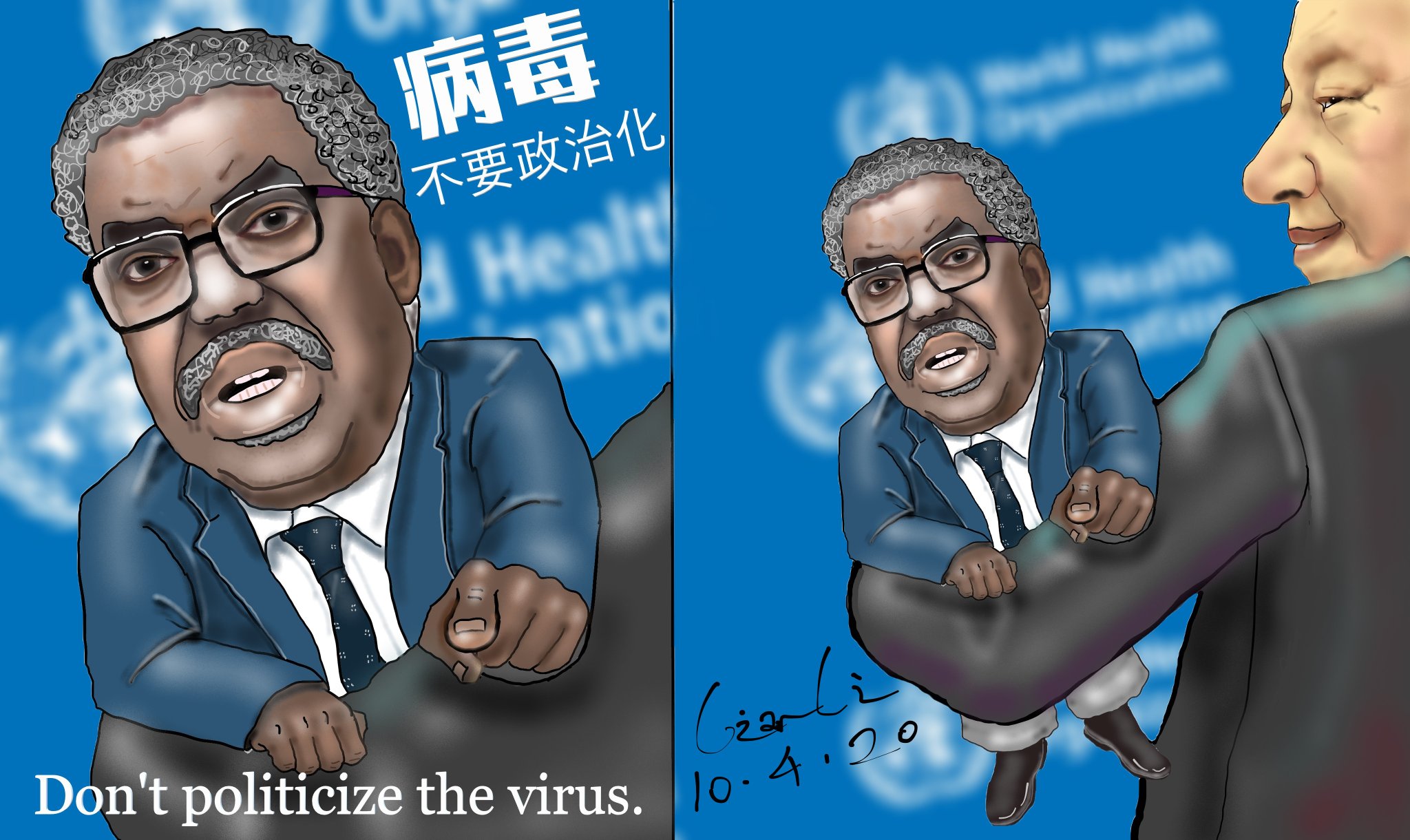- Joined
- Jul 31, 2011
- Messages
- 4,480
- Points
- 113
Singapore among Asian nations doing well in Covid-19 fight: WHO adviser
THE STRAITS TIMES
Asian countries such as South Korea, Vietnam and Singapore are doing well in their fight against Covid-19, a World Health Organisation (WHO) adviser said, as he praised their efforts to increase hospital capacity, perform contact tracing and isolate patients.
"You have been prepared after the Mers (Middle East respiratory syndrome) or the Sars (severe acute respiratory syndrome) corona outbreaks that have occurred in the past years," said Professor David Heymann, who chairs the independent Strategic and Technical Advisory Group for Infectious Hazards, comprising international experts, that advises the WHO.
"You have developed the capacity you need in your hospitals to deal with a surge.
"You have also been able to do contact tracing and isolation of patients, which many countries in the rest of the world abandoned very early.
"The best examples are what is going on in Singapore, in Hong Kong, in Taiwan and South Korea, and in Vietnam. You have been able to keep the reproductive number low, you have been using these unique 'circuit breakers' instead of just locking down everything at once," Prof Heymann said during a panel discussion hosted by The Straits Times yesterday.
Over 33,000 in Singapore have been infected with the coronavirus.
Hundreds of new cases, mostly low-wage migrant workers living in dormitories, are reported daily.
THE STRAITS TIMES
Asian countries such as South Korea, Vietnam and Singapore are doing well in their fight against Covid-19, a World Health Organisation (WHO) adviser said, as he praised their efforts to increase hospital capacity, perform contact tracing and isolate patients.
"You have been prepared after the Mers (Middle East respiratory syndrome) or the Sars (severe acute respiratory syndrome) corona outbreaks that have occurred in the past years," said Professor David Heymann, who chairs the independent Strategic and Technical Advisory Group for Infectious Hazards, comprising international experts, that advises the WHO.
"You have developed the capacity you need in your hospitals to deal with a surge.
"You have also been able to do contact tracing and isolation of patients, which many countries in the rest of the world abandoned very early.
"The best examples are what is going on in Singapore, in Hong Kong, in Taiwan and South Korea, and in Vietnam. You have been able to keep the reproductive number low, you have been using these unique 'circuit breakers' instead of just locking down everything at once," Prof Heymann said during a panel discussion hosted by The Straits Times yesterday.
Over 33,000 in Singapore have been infected with the coronavirus.
Hundreds of new cases, mostly low-wage migrant workers living in dormitories, are reported daily.
Last edited:



